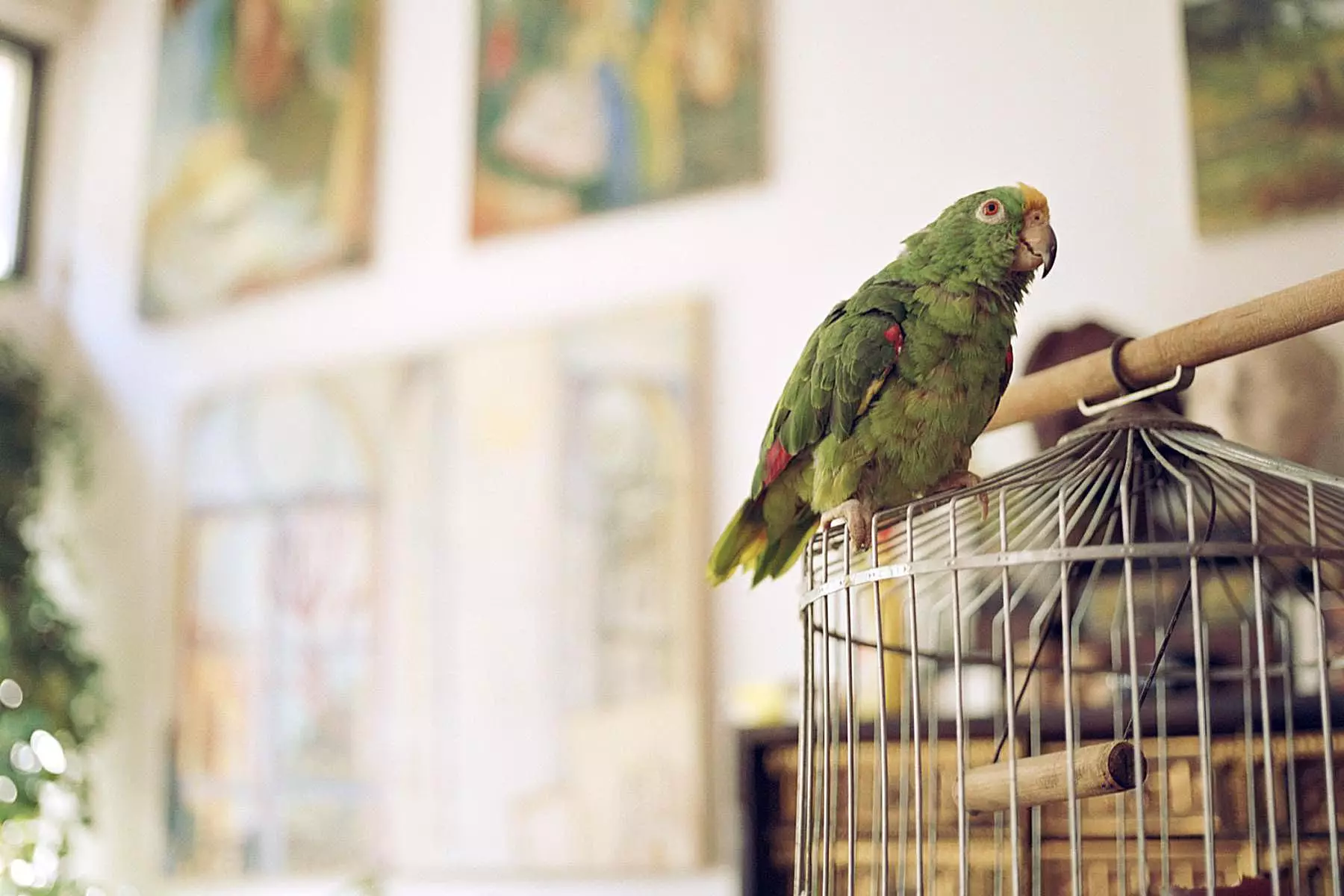Pet birds, much like their mammalian counterparts, can experience a range of emotional states, with depression being a significant concern among avian pets. One of the first and most crucial signs of depression in birds is a noticeable change in eating habits. Birds possess incredibly fast metabolisms, making it essential for owners to act swiftly if they observe a decline in their pet’s food intake. A decrease in appetite can lead to rapid weight loss, which can be detrimental to a bird’s health. Therefore, if a pet parakeet, cockatoo, or any other bird shows reduced food consumption for a span of just two days, it is important to visit an avian veterinarian to assess the underlying issues.
Another significant indicator of depression in birds is alteration in their behavior, particularly in more sociable species such as parrots. A sudden shift in personality can manifest as uncharacteristic aggression, which may result from seasonal hormonal fluctuations. However, persistent behavioral changes that diverge from the bird’s typical demeanor could signify chronic distress. It is prudent for bird owners to take such observations seriously and seek professional advice to exclude any potential medical issues.
If the bird receives a clean bill of health, it prompts the owner to delve deeper into the environmental and social dynamics affecting their pet’s mood. Factors such as mismatched living conditions or lack of interactive playtime can greatly affect a bird’s emotional well-being.
Feather Plucking: A Cry for Help
Among the more severe manifestations of emotional distress in birds is feather plucking, which can escalate into a chronic and detrimental habit if not addressed. If owners start to notice bald spots, it is imperative to consult an avian vet to rule out underlying health problems like parasites or skin diseases. Should medical issues be ruled out, the focus should shift to identifying the triggers for such behavior. Birds may engage in feather plucking as a response to boredom or inadequacy in social interactions. Increasing one-on-one time with the bird can often alleviate the issue, as birds thrive on companionship and mental stimulation.
Vocalization Changes: The Sounds of Distress
An integral aspect of a bird’s behavior lies in their vocalizations, which can vary dramatically based on their emotional state. Everyday interactions reveal a unique “sound profile” for each bird, and any deviations from this norm should be noted. If a bird begins to vocalize more aggressively or loudly than usual—potentially as a manifestation of boredom or frustration—this may serve as an appeal for increased interaction. Birds are social creatures, and when they feel neglected, they may resort to loud, disruptive sounds to regain attention from their human companions.
In addition to behavioral signs, there are physical indicators that can reveal a bird’s emotional state, including stress bars appearing on their feathers. While stress bars are not deemed a health threat, they can offer insights into a bird’s happiness and overall quality of life. Observing these patterns prompts owners to assess their bird’s daily routine, including diet, environmental conditions, and social interactions. Making necessary adjustments, whether that means diversifying the bird’s diet or enhancing its environmental enrichment, can significantly improve its emotional health.
If there are concerns about a pet bird’s well-being, consulting a veterinarian is essential. Avian vets are uniquely equipped to understand the complexities of bird health and behavior, providing tailored advice and recommendations based on thorough examinations and the bird’s health history. They can offer insights that may be beyond the scope of an average pet owner, ultimately aiding in the comprehensive care of these sensitive creatures.
Understanding the signs of depression in pet birds is crucial for their well-being. By recognizing when appetite changes occur, observing behavioral and physical symptoms, and maintaining open communication with veterinary professionals, pet owners can foster a healthier and happier environment for their feathered friends.

